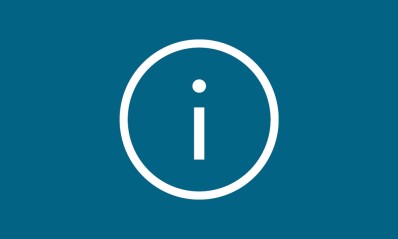About the On-Site Check
The Volkswagen Group is actively committed to sustainability, particularly within the supply chain, and On-site Checks are a key component of the Group’s sustainability strategy. Regular reviews ensure that the supply chain complies with established standards and is continuously improved. These On-site Checks help identify risks and implement measures to enhance sustainability performance.
On-site Checks are used as an assessment tool within the S-Rating and are conducted with selected suppliers. The main objective is to assess compliance with human rights and environmental due diligence obligations. This type of On-site Check is anchored in the Volkswagen Group’s Code of Conduct for Business Partners and is therefore part of both current and future business relationships.
At regular intervals, the Volkswagen Group analyzes its supplier network and identifies suppliers and service providers that are subject to increased potential risk. These selected suppliers and service providers are contacted centrally by the Volkswagen Group or through brands and regions and are requested to carry out the On-site Check within a 12-month period. Depending on the supplier’s or service provider’s business model, different audit standards apply. The following standards are used: VOC/SSA (Volkswagen’s own standard) and RSCI.
In most cases, the RSCI standard is applied. This standard offers the advantage that audit results and improvements can be shared with multiple customers who also participate in the RSCI program. The process steps (more details below) are initiated and implemented independently by the supplier. Progress within this process is monitored by the Volkswagen Group and, in individual cases, discussed within the procurement organization.
Once the On-site Check has been conducted, a result is available. This result is reviewed by the audit service provider before an official report is created and submitted to the Volkswagen Group. This result becomes part of the S-Rating and can lead to either a positive or non-positive S-Rating, which may affect the supplier’s eligibility for future awards.
If deviations (so-called findings) are identified, the supplier must independently address them afterward. Depending on the audit standard, follow-up processes must be carried out.
Objective: Improvement through Implementation of the Corrective Action Plan
The Volkswagen Group aims to significantly improve the sustainability performance of its suppliers through timely and consistent implementation of the Corrective Action Plan (CAP) as part of the audit process.
If a supplier scores less than 100 points in their On-site Check, they receive a Corrective Action Plan (CAP). The measures are documented in the CAP, and their implementation is agreed upon and monitored with the supplier. It is particularly important that suppliers implement the CAP within the agreed timeframe, as this is crucial for their sustainability rating (S-Rating) and future contract awards. If the CAP is not implemented or not completed within the agreed timeframe, or if the supplier refuses an On-site Check, they may be excluded from future awards ("-" or "C" rating). If the audit result is below 50 points, a follow-up audit is conducted after the CAP has been implemented.
Tip: Prepare Well for the On-site Check
Prepare thoroughly for the On-site Check to ideally avoid follow-up actions. Note that if your audit result is below 50% and/or includes Zero Tolerance Findings, you will no longer be eligible for awards and can only regain eligibility through follow-up actions and, if necessary, additional On-site Checks.


